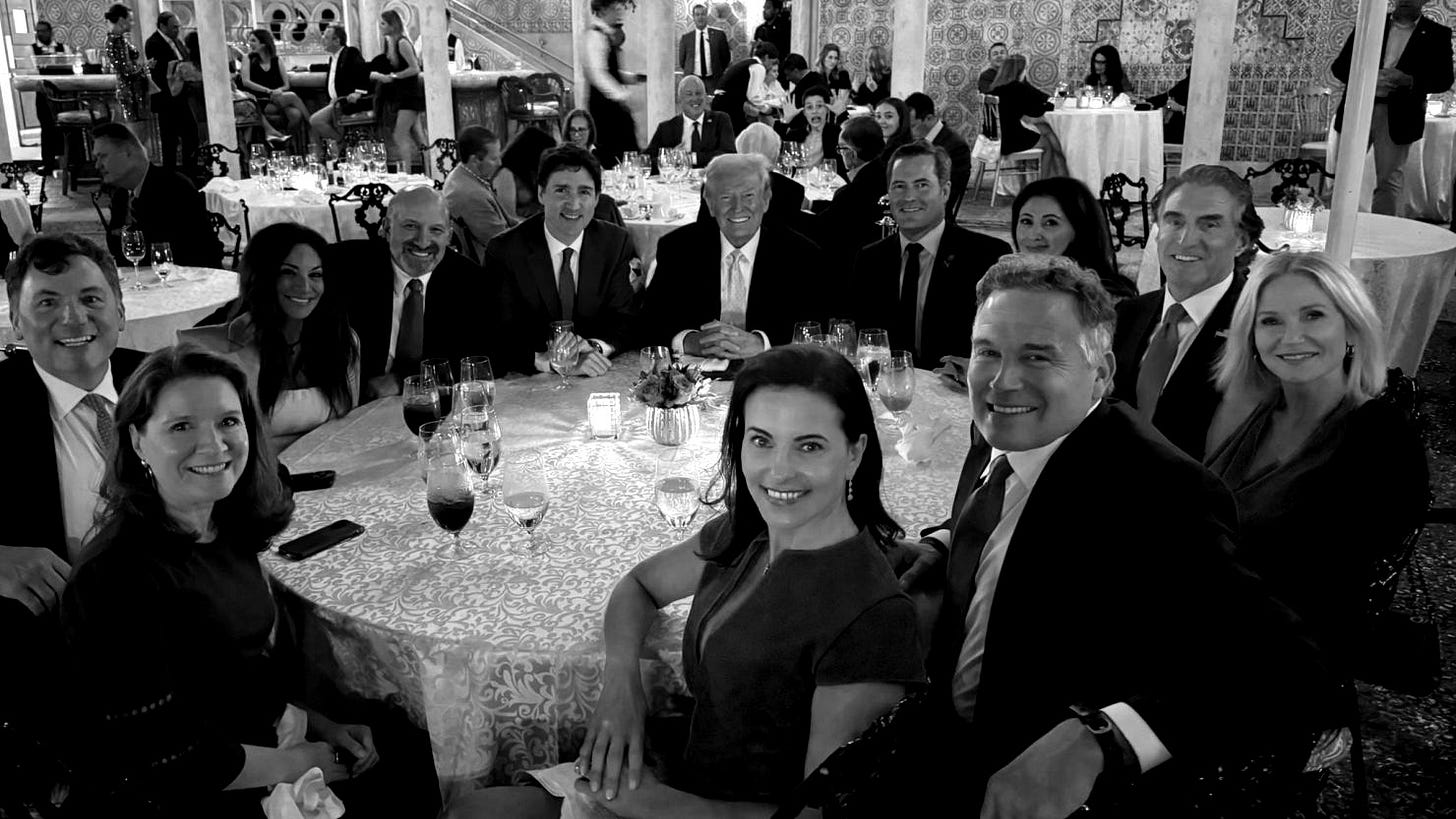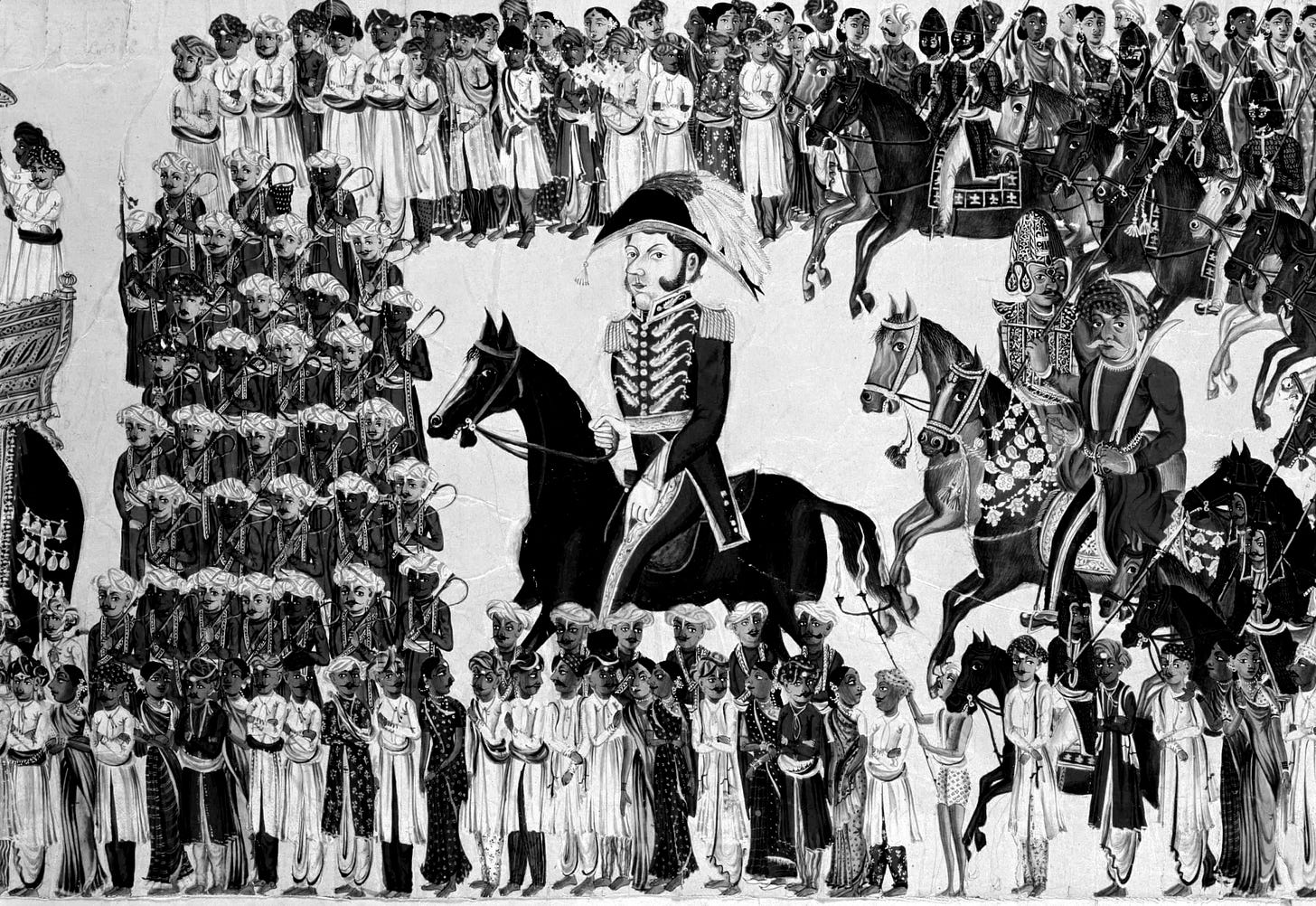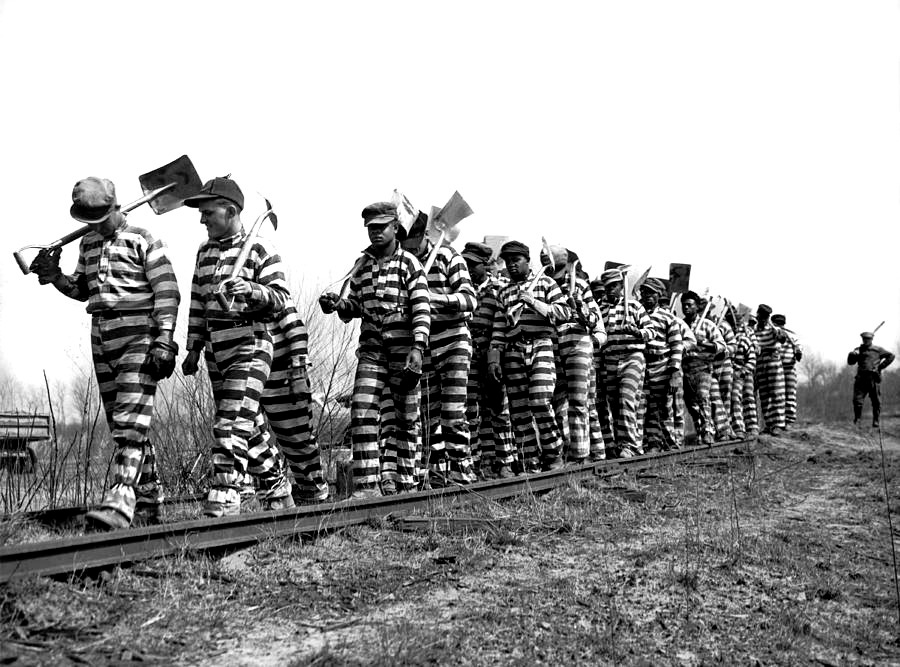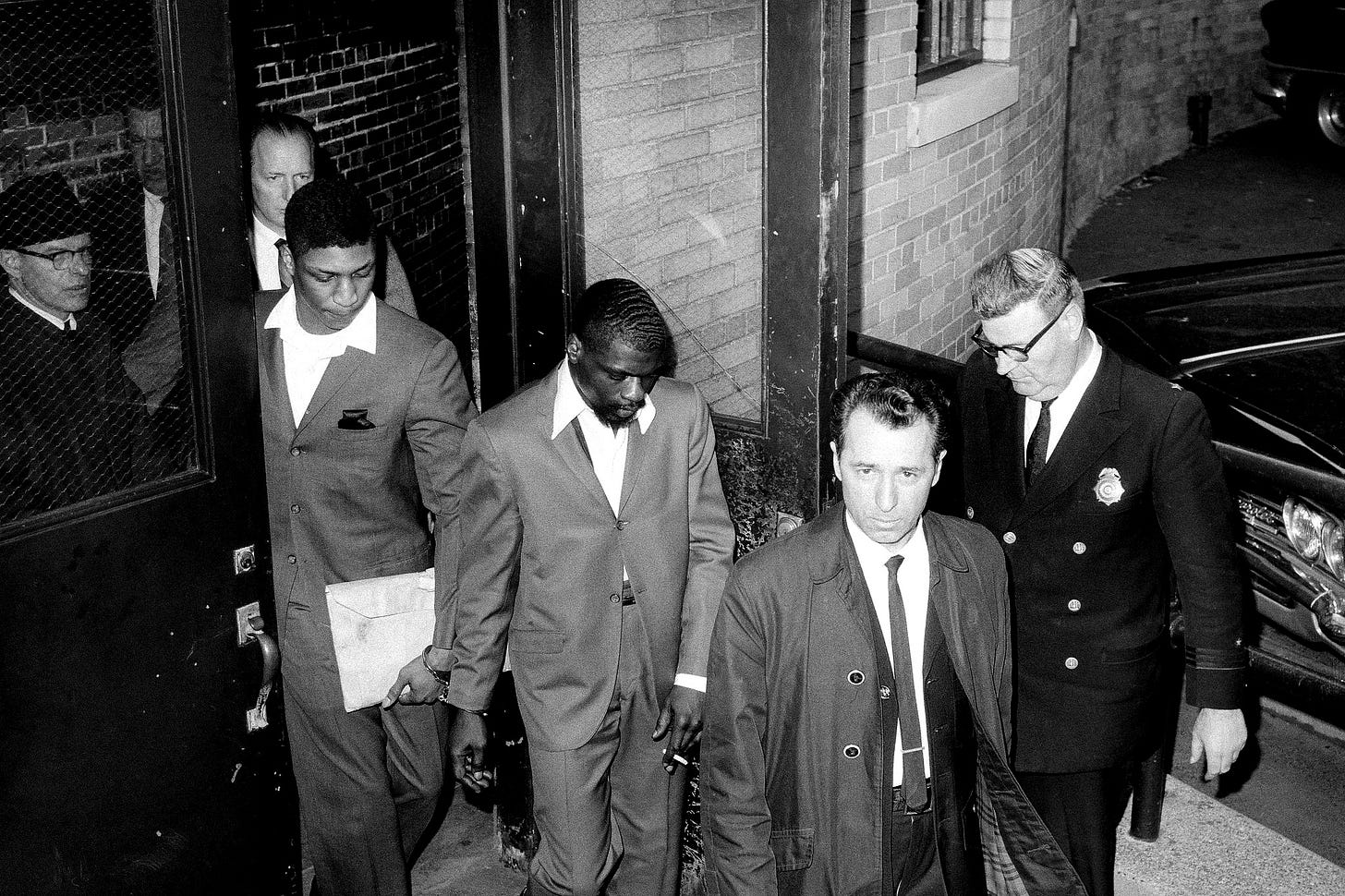This Is Your Last Boss
Words don’t just describe reality. They architect it.
Close your eyes for a moment and imagine your workplace. The rhythm of keyboards, the hum of conversations, the faint smell of burnt coffee from the break room. Now, strip away the word boss. Erase it completely. Without it, how do you describe the person who holds the power to deny you a raise, a promotion, or even a vacation?
Do they feel like a coach? A mentor? A friend?
Or do they still loom over you as a supervisor? A director? A manager?
An owner?

Last week, I stood before two vastly different audiences—one, the senior leadership of a multi-billion-dollar construction giant, the other, a gathering of faculty, students, and employers at a top business school. Two worlds, yet the same undercurrent of tension. A shared sense that the old paradigm of leadership—commanding, controlling, paternalistic—was crumbling under its own weight.
I didn’t meet a single person who could, with a straight face, tell me that their country’s highest elected official was a paragon of wisdom, integrity, and compassion. The word leader still lived in our vocabulary, but its meaning had become fractured. A paradox. A whisper of what it once was.

And so, the question wasn’t whether leadership needed to change. The question was how far we were willing to go.
After my second keynote, a woman in the audience raised her hand. Her question cut through the room like a scalpel.
“How do we transcend the entrenched paternalism of the workplace?”
I paused.
A perfect question. A perfect moment.
But was she ready for the real answer? And how much time travel could she handle?

If I spoke the truth—the whole truth—would she ever look at leadership the same way again? Would I?
I took a breath and began with four words.
“Words shape our reality,” I said.
And then, I told them the story of a word that has haunted me my entire life.
The Ghost Of The Boss
As a child, I hated the word boss. Hated how my father used it—a small, deferential bow in syllabic form.

At the convenience store he once owned, I watched him use boss to address the mafia figures who controlled his garbage pickups. The city inspectors who buried him in red tape. The relatives who siphoned his hard-earned money under the guise of loyalty.
“God,” he once admitted, “is the biggest boss of all.”
It wasn’t reverence. It was resignation.
The etymology of boss traces back to the Dutch baas, meaning master. A linguistic sleight of hand meant to soften a brutal truth—power doesn’t disappear; it simply rebrands. Slavery became indentured labor. And indentured labor became low-wage exploitation. Chains turned into contracts. Shackles turned into spreadsheets. Lashes turned into layoffs.
The same hierarchy, dressed in new clothes.

My father never had a boss, not in the way corporate handbooks define it. But he was never truly free.
And for a long time, neither was I.
The Chains We Carry
I know what it means to have my agency stripped away by someone who believes they know what’s best for me.
I felt it in my early twenties when my father, in a desperate attempt to preserve his vision of my future, drove to my fiancée’s home and shattered an engagement I had chosen for myself. The ceremony was called off. The pain cut so deep that when I was later interviewed about it, I could only speak under a pseudonym.
I felt it in the military, reduced to a number, ordered to simulate harming people who looked like me and my loved ones—until the day I realized the simulations weren’t hypothetical.

I felt it in the late 2010s, when I worked under a narcissistic boss who dangled promotions, only to withhold them just out of reach. When I was asked to draft layoff scenarios and realized my own name was on the list. When that same boss, drunk at a holiday party, spoke about my wife as if she were an object in his inventory.
I didn’t quit those jobs. I quit those bosses.
And I vowed never to make anyone feel the way I had felt.
The Daddy Problem
In an infamous interview, Dame Dash said that having a boss is like having a daddy. That if you can’t pass your position down to your children, you don’t truly own it.
The first time I heard that, something clicked.
The word boss isn’t just about power. It’s about permission. It’s about the unspoken rule that someone else—somewhere above you, with a firmer handshake and a better outfit—gets to decide whether you rise or fall.

And that rule, as I came to learn, was inherited. From colonization to slavery. From slavery to indentured labor. From indentured labor to low-wage exploitation. Generation after generation.
For my father, it was his own father—a violent gambler who taught him that survival meant submission.
For me, it was the long shadow of paternalistic systems—schools that rewarded obedience over curiosity, workplaces that mistook control for leadership, economies that ensured a permanent underclass of people asking for permission.

But there comes a moment when you realize the bars of your cage were always open.
You just have to decide to walk through.
The Enshittification of Leadership
Look around. The ruins are everywhere.
Tech CEOs are announcing mass layoffs in cold, soulless emails. Companies are gutting entire departments overnight, replacing human expertise with algorithmic efficiency. Governments are stumbling from crisis to crisis, their credibility rotting from the inside out.

We put our faith in bosses the way children put faith in parents—only to discover that most of them were never designed to care for us in the first place.

No wonder people are leaving. Rejecting the corporate ladder. Building their own paths. Trading the false security of a salary for the raw, unfiltered agency of self-determination. It’s not perfect, but it’s a revolt.
The word boss is dying. And I, for one, am ready to bury it.
Flipping The Hierarchy
I once reported to a leader named Allan Grant at the University of Toronto Scarborough. One day, I showed him an organizational chart with his name at the top, mine below, and my team at the bottom.
He flipped it upside down.
“There are no bosses here,” he told me. “We serve students. I serve you. You serve your team. Your team serves the students. We all serve the students.”

A simple gesture. But it was everything.
Because leadership isn’t about ruling from above. It’s about lifting from below.
The Choice
At last week’s construction keynote, I spoke with a man who had worked at the company for 33 years. A third of the company’s entire existence.
I asked him why he stayed.
“The people,” he said. “And the leadership.”
People don’t quit jobs, they quit bosses. If that’s true, then the opposite must also be true. People stay for leaders.
So, the next time someone asks, Who’s your boss?—watch where your finger points.

If it gestures upward, to some distant figure in an office you’ve never stepped foot in, you’re in a system built on compliance, not collaboration.
And if you don’t like that answer, there’s only one thing left to do.
Choose a different word.
Choose a different story.
And then, choose to lead.




